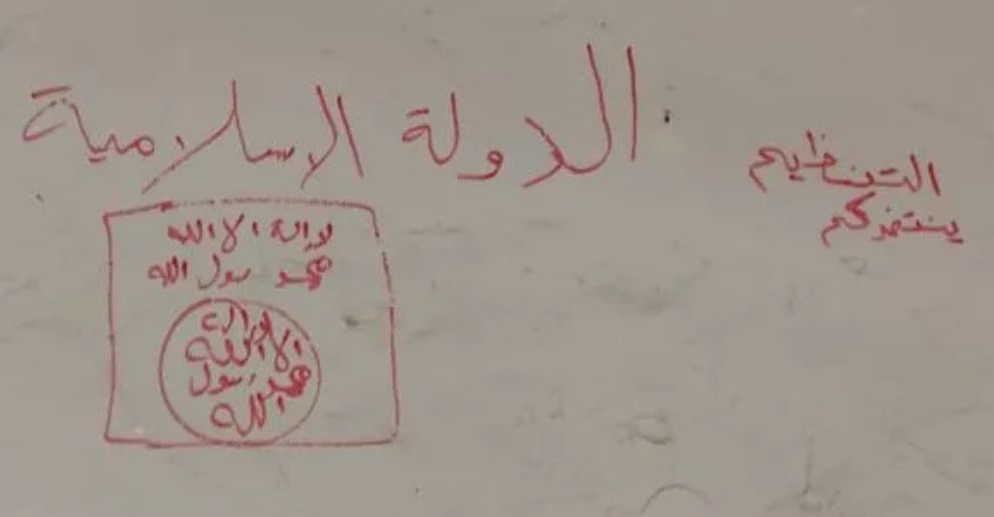Rojava women take the lead in every field, not just battle

Married at the tender age of 13 Hamza is now 30 years old and the mother of five children. This is the first time she has worked outside the home.
She explains in a soft-spoken tone that before the Syrian conflict and the freedom of the Kurdish areas known as Rojava, “I wouldn’t have thought I’d have the chance to come to work like this.”
As 2011’s anti-government protests spiraled into civil war Kurds in the north of the country carved out an autonomous region of their own and brought about a new political and cultural atmosphere. In this new system women have stepped out of traditional constraints and taken a lead role.
“Life has been totally changed,” said Sama Bagdash, co-Minister of Municipalities in Jazira canton.
All top government posts are now jointly held by a man and a woman. Bagdash shares her ministry with a male counterpart.
Sama Bagdash, co-Minister of Municipalities in Jazira canton, gestures during an interview in Qamishli on February 19, 2019. Photo: Hannah Lynch/Rudaw
Before the war, she said, the most a woman could aspire to was to be a teacher because that was a strictly daytime profession.
Women would have to be home no later than 2 o’clock in the afternoon, she explained. They would then spend their afternoons cooking and cleaning, do family visits or stop by a neighbour’s home.
“Now we realize that we, as women, can do the best, even better than men,” said Bagdash.
A woman “can be a fighter, a politician, she can do whatever she needs, she can help her family.”
A member of the Women’s Protection Units (YPJ) stands at attention during the funeral of a fellow fighter, a member of the men’s YPG force, in Sari Kani on February 23, 2019. Photo: Hannah Lynch/Rudaw
The changes have affected Bagdash’s own life, too. She now begins her day reading – mainly political topics and as a minister she often travels around Rojava and to Europe, attending meetings and giving lectures.
The local government here encourages women across the territory – roughly a third of Syria – to be similarly active.
“In the past, everything happened because of men,” said Hori Shamdeen, the passionate manager of Aboriya Jin (Women’s Economy) directorate. “Women were just working in the home and taking care of children. Now, we are helping women take on their real role.”
Their office is supporting 4,500 women in agricultural projects in Jazira canton alone. They offer training and assistance like microloans for women wanting to farm, raise animals, or open small businesses.
“Any project that sees success was done by women.” Shamdeen claimed.
Greenhouse manager Salam Ibrahim (right) and Shireen Amin (left) from the Women’s Economy department walk through a field of saplings planted by the women-run project, on February 20, 2019. Photo: Hannah Lynch/Rudaw
Despite threats to their autonomous region from all sides, women here are ready to defend and preserve what they have achieved.
“We are ready for anything,” said Bagdash, who has received military training and is comfortable with an AK47 Kalashnikov.
“We as women have to defend ourselves rather than waiting for others,” she said.
Bagdash insisted that discussions with the government of Bashar al-Assad in Damascus will have to ensure that women in Rojava will keep their hard-won status in society and politics.
“This is the main discussion point with everyone because the role of women has been established with blood for years. We do not say that if the [regime] system comes tomorrow we will accept it. Instead, we will resist,” she vowed.
Back in the greenhouse Hamza dreams of a very different future for her three daughters and two sons. She wants them go into other fields and have the life she never had.





